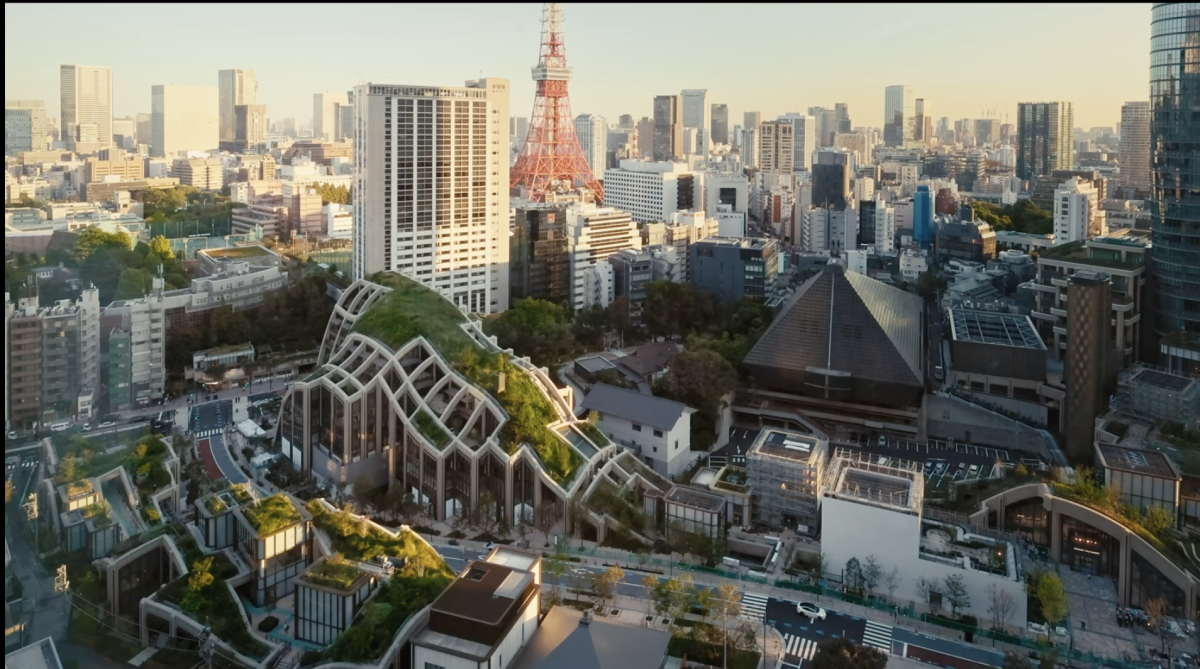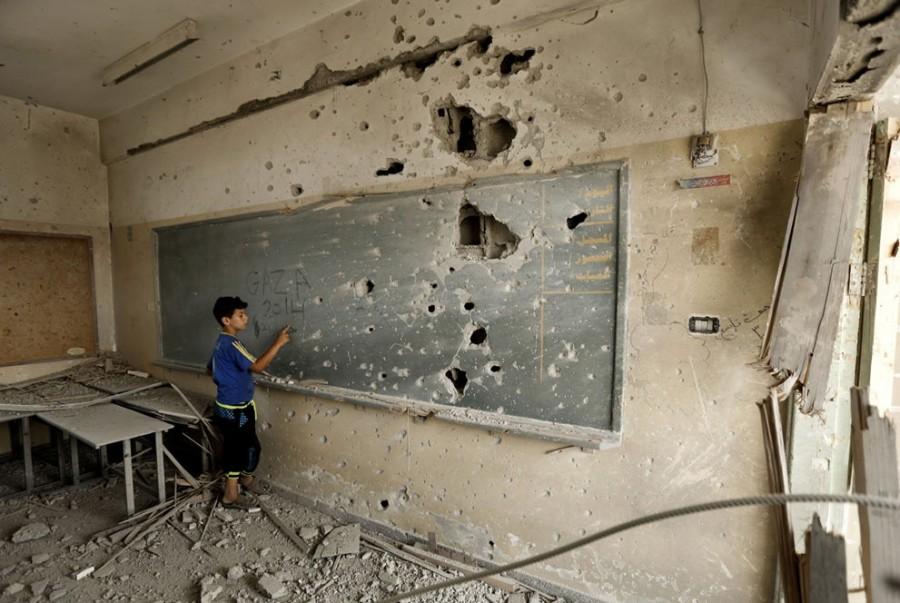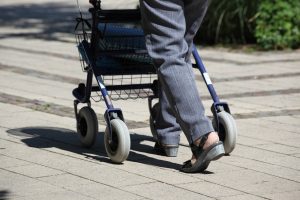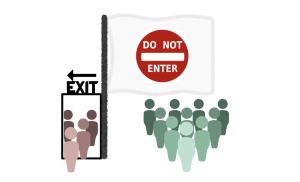Amnesty International Club corresponds with Israeli ambassador
ISSH students advocate the right to education of children in Gaza.
March 5, 2015
The Amnesty International Club in ISSH sent a petition to the Embassy of Israel in Tokyo on Human Rights Day, December 10, to advocate for the children in Gaza’s right to education. The club members stated that they regard the value of education as incalculable, and are deeply concerned about the quality of education for Palestinian students in the Gaza Strip. The petition was based on the principle of educating children in order to break the cycle of violence and ameliorate tensions.
The Amnesty International Club started the year with members sharing their interests regarding human rights issues. The topics raised were LGBT rights, ebola, education for children in Gaza, and sanitation and education of girls in India. After voting, members decided on children’s right to education in Gaza for the first semester, and girl’s education for the second semester. The first semester choice was influenced by Malala Yousafzai, a Pakistani teen activist, who donated her $50,000 Nobel Peace prize money to a United Nations agency that is rebuilding schools in Gaza following the summer conflict with Israel.
The Israeli-Palestinian conflict over the summer has resulted in the deaths of over 2,200 people, the vast majority of them Gazans. Furthermore, 228 school buildings including 143 government schools, 75 UN schools, and 10 private schools within the Gaza Strip were damaged or destroyed, according to the United Nations. As a result, the school hours of the Palestinian students have been significantly reduced, compromising fundamental human rights, and diminishing future opportunities for Palestinian students.
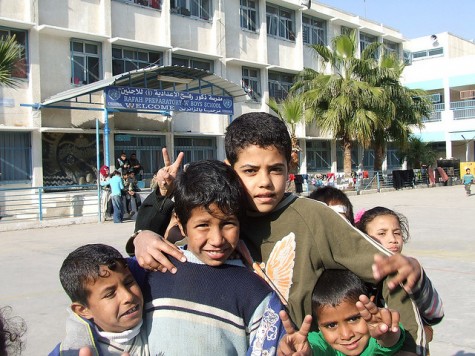
The members stated in the petition that they acknowledged the State of Israel’s agreement with the Gaza Reconstruction Mechanism. However, they called to attention that “this temporary arrangement is far from sustainable or sufficient for the reconstruction of schools for Palestinians living in the Gaza Strip”. The petition consisted of around 150 to 200 signatures from the ISSH high schoolers and faculty calling for “speedy reconstruction of the 228 damaged schools in the Gaza Strip by allowing the import of building materials.”
Although responses to petitions are rare, the club received a response from the Israeli Ambassador. A member of Amnesty Club, Reshma (11) said, “I was appreciative about the fact that the Ambassador dedicated her time to clearly formulate an intriguing response. I was able to comprehend to some extent the roots of the Israel-Palestine conflict.”
Another member, Yuko (11) said, “It gave us the opportunity to reflect on the Israeli Palestinian conflict in more detail.”
The letter represents the national interest of Israel and provides an Israeli perspective regarding the Gaza conflict. The Ambassador’s response reflected the Israeli Defense Minister’s statement said during a meeting with Ban Ki-moon in October in response to the situation in Gaza. Defence Minister Ya’alon said, “It’s in our interest for the residents of Gaza to improve their economic situation and their lives, but it must be clear that the funds and equipment are not used for terrorism, therefore we are closely monitoring all of the developments.”
The Amnesty International Club is currently planning a follow up letter for the Ambassador in order to reiterate their advocacy for children’s right to education in Gaza.









